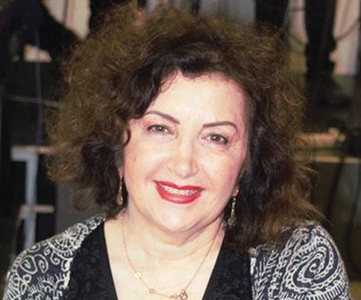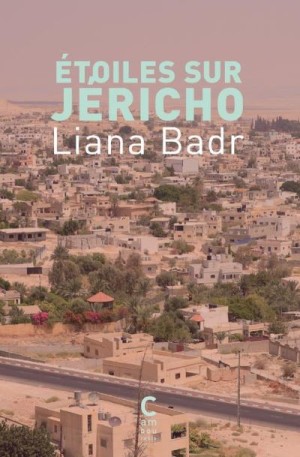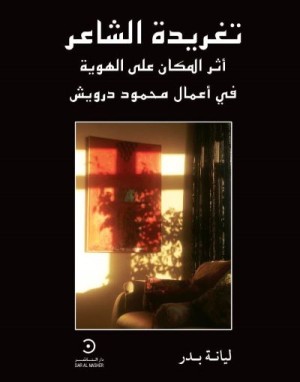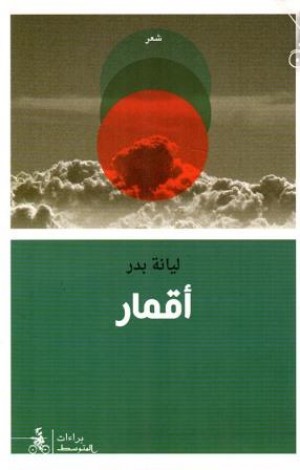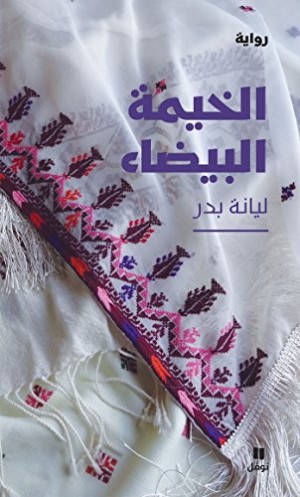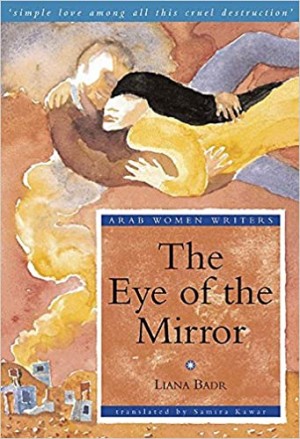Liana Badr was born in Jerusalem to a nationalist family, and was raised in Jericho. She obtained a BA in philosophy and psychology from the Beirut Arab University. She was not able to complete her MA due to the Lebanese civil war. She worked as a volunteer in various Palestinian women’s organizations, and as an editor in the Al Hurriyya review cultural section. After the 1982 Palestinian exodus from Lebanon, she lived in Damascus, Tunis, Amman, and returned to Palestine in 1994. She is a married mother of two. In addition to her literary work, she also runs the Cinema department at the Palestinian ministry of culture in Ramallah, and was also the editor of the ministry’s periodical :Dafater Thaqafiyya.
Badr published her first novel in Beyrouth in 1979, "A Compass for the Sunflower". She has since produced three more novels, the latest in 2016, The White Tent, plus short story collections, novellas, poetry, essays, non-fiction works and 12 children’s books. Her works have been translated into several languages, including English, French, Dutch, Italian, Spanish, Bulgarian and Norwegian. Between 1999 and 2007 Liana also directed seven documentary films, which have received many international awards, and written several film scripts.
Her works mainly focus on themes of women and war, and exile. Her style has been described by the Times Literary Supplement as "defy the laws of fictional gravity", and "densely lyrical".
A selection of her works are :
*1979: "A Compass for the Sunflower" :
This first novel was published by Dar Ibn Ruchd in Beirut, to wide acclaim. Its lyrical style broke away from the mold of the Palestinian realist novel, and its focus on a woman’s life from Palestine, to exile in Amman and Beirut, against the backdrop of turbulent political events and catastrophes, challenged the linear, male dominated literary output of the time.
It was translated in 1989 by the Women’s Press in the UK, and in 1992 into French by Metropolis in Geneva.
*1983: " stories of love and pursuit"
This short story collection was published in Aden, Yemen in 1983 by Dar el Hamadani.
*1983: "Balcony Over the Fakahani"
This collection of three novellas was published in Damascus by Dar el Alam and in 1990 by Dar el Thaqafa el Jadida in Cairo, and Dar el Nawrass in Jerusalem.
It interweaves the narratives of two women and one man recounting their successive uprootings: 1948 from Palestine, 1970 from Jordan, and 1982 from Beirut. The novellas evocative and contrapuntal style allows the reader to glimpse the joy and despair of lives rooted in exile and resistance. It was translated in 1993 into English by Interlink, NY.
*1989 "I want the day"
This short story collection was published by Dar el Hiwar in Damascus, and by Dar el Aswar in Acre in 1986.
*1991:The Eye of the Mirror:
Published by Tobgal in Morocco, this epic novel is based on seven years of research into Palestinian women refugees oral history. The book tells the story of Aicha’s life and loves in Tel Zaatar, before and after the massacre. The book was translated into English in 1996 by Garnet, in the UK, and into Dutch.
*1991:"Golden hell"
This short story collection was published by Dar el Adab in Beirut.
*1993: "Stars of Jericho"
This acclaimed novel was published in Cairo by Dar el Hilal.
*1996: "Fadwa Touqan- the shadow of narrated words"
This book was published by Dar el Fata el Arabi in Cairo. It is an interview/memoir of poet Fadwa Touqan.
Filmography
Fadwa: A Tale of a Palestinian Poetess. 52 min, 1999.
Zeitounat. 37 min, 2000.
The Green Bird. 37 min, 2002.
Siege (A Writer's Diary). 33 min. 2003
The Gates are Open. Sometimes! 2006. 42 min.
A match on Thursday Afternoon. 2006. 3 min.
Al QUds – My City. 2010. 52 min
